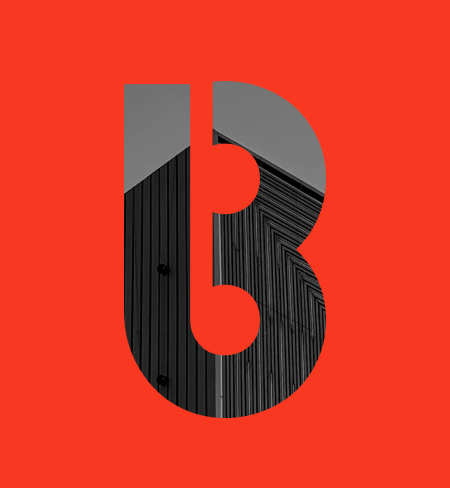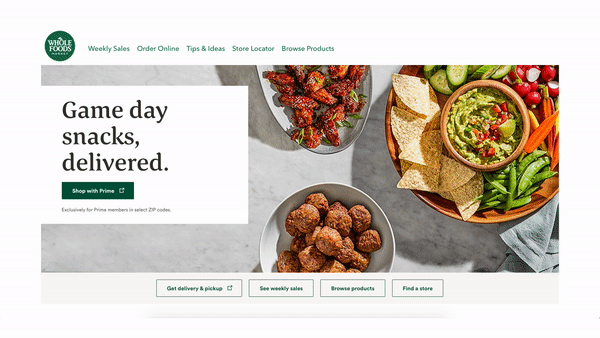Introducing Ask a Brooks Bell Expert, a series where we introduce you to one of the members of our team and have a 5-minute Q&A about something topical. Or random. This month’s edition features John D’Alessandro, an Optimization Engineer based out of our San Francisco office (pictured here in cardboard cut-out version).
Delisa: John, tell us a little about yourself? What do you do on the clock, and off?
John: Thanks for asking. I’m a developer based in our San Francisco office, though I do spend a lot of time on-site with clients throughout California. When I’m not at work I like to spend time with my wife, travel, collect sneakers (checks over stripes), play and watch sports (go Heels!), and try out new bakeries around town.
DR: Today I’d like to find out more about these frameworks I always hear thrown around the office. Maybe we should start with the basics. What exactly is a framework? Asking for a friend.
J: Javascript Frameworks are kind of like building blocks for a website where some of the heavy-lifting of coding has been done for you. It saves time and gives coders a sort of backbone for the site.
DR: Talk to me about AngularJS. Sounds like the name of a cool car.
J: AngularJS is a JavaScript framework that developers use to build sites and apps using the MVC (Model, View, Controller) framework. It had its heyday in the 2013-2014 time period, but is still used by quite a few companies.
DR: So what’s the deal with testing on AngularJS?
J: Testing on AngularJS can be cumbersome for some brands as it’s a full-featured framework, making it a heavier lift to test, especially from the front end. But we’ve had a lot of experience testing on AngularJS and have figured out ways to launch tests in interesting and efficient ways, specifically injecting templates and binding them to existing scopes in AngularJS apps.
In fact, one of our clients recently told me that nobody can test on Angular JS as quickly as we do.
DR: So we’re like the cheetah of AngularJS testing?
J: Hmm… yea I’ll take that.
DR: But what about results–anything you can share?
J: We’ve helped AngularJS clients double their testing velocity with the same budget. And, of course, our testing has helped drive over $1 Billion in incremental revenue for our clients.
DR: That counts. I like those figures. So when you’re not being the Usain Bolt of AngularJS testing, what are you doing?
J: We do a lot of testing on other frameworks too–like React. React is a newer, lighter-weight AngularJS competitor that was built by Facebook, but it’s really just a view library. So to use React to build an app in the MVC framework you’ll need to pair it with other libraries. Usually, we see React paired with Redux, a predictable state container library for JavaScript.

DR: What’s it like testing on React?
J: In general, it’s easier to carry out front-end tests on React than AngularJS because you have more options. You can utilize the functionality of React, or you could use more traditional DOM manipulation. But React implementations differ widely because it’s just a view library. There are infinite variations in the way a React app is built and paired with other libraries.
DR: Cool. So what’s the next big thing?
J: We’re hearing a lot about Vue.js. It’s somewhat of a newcomer to the scene but it’s surging in popularity since it’s lighter, more performant, and easier to get up to speed on. There’s not a ton of enterprise-level brands on there yet, but I suspect many are eyeing it.
DR: Well, there you have it. Your first Ask the Expert. Thanks John!
Have any other topics you’d like us to weigh in on? Shoot us a note at hello@brooksbell.com

Insights are key.
Recent Insights
Let's do
something epic.
At Blazer, we partner with ambitious brands and leaders that refuse to settle for less.
Get Our Updates
Blazer is the consulting firm that helps brands prove what drives customer value, and builds teams that deliver on it.
16 W. Martin St., 9th Floor, Raleigh, NC 27601
16 W. Martin St., 9th Floor, Raleigh, NC 27601






